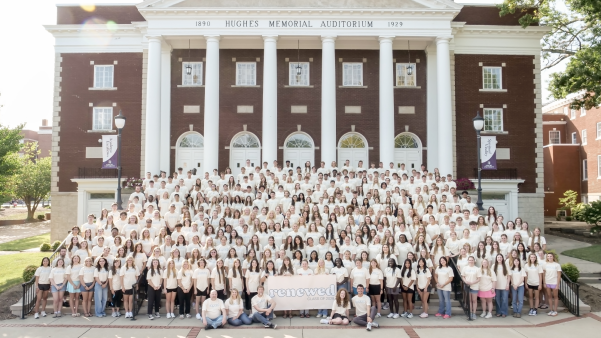197–198 Tertullian explains Christian finances in his Apology: “Even if there is a chest of a sort, it is not made up of money paid in entrance-fees, as if religion were a matter of contract. Every man once a month brings some modest coin—or whenever he wishes, and only if he does wish, and if he can; for nobody is compelled; it is a voluntary offering. You might call them the trust funds of piety. For they are not spent upon banquets nor drinking-parties nor thankless eating-houses; but to feed the poor and to bury them, for boys and girls who lack property and parents, and then for slaves grown old and shipwrecked mariners; and any who may be in mines, islands, or prisons ….”
c. 400 John Chrysostom says Christians should not “reproach priests for their plenty,” but give to the church anyway.
731 St. Boniface complains of clergy “who receive the milk and fleece of the sheep of Christ in the daily offerings and tithes of the faithful, [yet] lay aside the care of the Lord’s flock.”
1199 Pope Innocent III taxes the clergy of Europe to fund the Crusades.
1209 Pope Innocent III taxes the clergy of Europe to fund the fight against the Albigensian heresy.
1215 Pope Innocent III orders that the princes of Europe must consult him before taxing the clergy.
1296 Pope Boniface VIII issues a papal bull (Clericis Laicos), exempting the clergy from paying taxes to any secular ruler—especially in France, where Philip IV has been milking the churches to wage war with England. Philip responds by forbidding the sending of gold or silver out of France without his permission; thus French churches can’t send money to Rome.
Late 1300s In Canterbury Tales, Geoffrey Chaucer has the priest (pardoner) say:
By such hornswoggling I’ve won year by year, A hundred marks since being a pardoner. …Avarice is the theme that I employ In all my sermons, to make the people free In giving pennies—especially to me. My mind is fixed on what I stand to win, And not at all upon correcting sin.
1662 Episcopalian ministers in America receive 16,000 pounds of tobacco for salary. In some areas the grade of tobacco is higher than in others, and the price in general is going down.
1799 Methodist preachers in the U.S. earn an average $64 per year. It is rumored that Bishop Asbury favors keeping salaries low to keep the traveling ministers from marrying and settling down.
1812 Congregationalists and first American foreign missionaries Adoniram and Ann Judson, en route to Asia, become Baptists, forfeiting their Congregational support; Luther Rice, similarly converted, returns to the U.S. to drum up financial support among Baptists.
1895 Wesley Chapel in Cincinnati has financial trouble. In desperation, it tries “suppers, festivals, lectures, stereopticon shows, subscriptions, and the whole round of man-made schemes and devices,” according to layman William G. Roberts. Finally, Roberts and others introduce the concept of “storehouse tithing,” which turns the church around. Tithing is revived as a popular practice in U.S. churches.
1906–7 The Laymen’s Missionary Movement is formed, not to send missionaries, but merely to promote missions giving. In three years giving to U.S. and Canadian mission boards rises 25%, to $33.2 million.
1987 Christian TV ministries in the U.S. receive $2 billion in gross income, mostly from private donors. The Vatican releases a financial statement for the first time. The previous year, the Roman See grossed $57.3 million, but spent $114 million, resulting in a deficit of over $56 million.
1988 Bill Bright of Campus Crusade for Christ offers a California film company $10 million for an unreleased film feared degrading and blasphemous of Jesus Christ, so it can be destroyed. His offer is turned down.
Copyright © 1988 by the author or Christianity Today/Christian History magazine. Click here for reprint information on Christian History.










